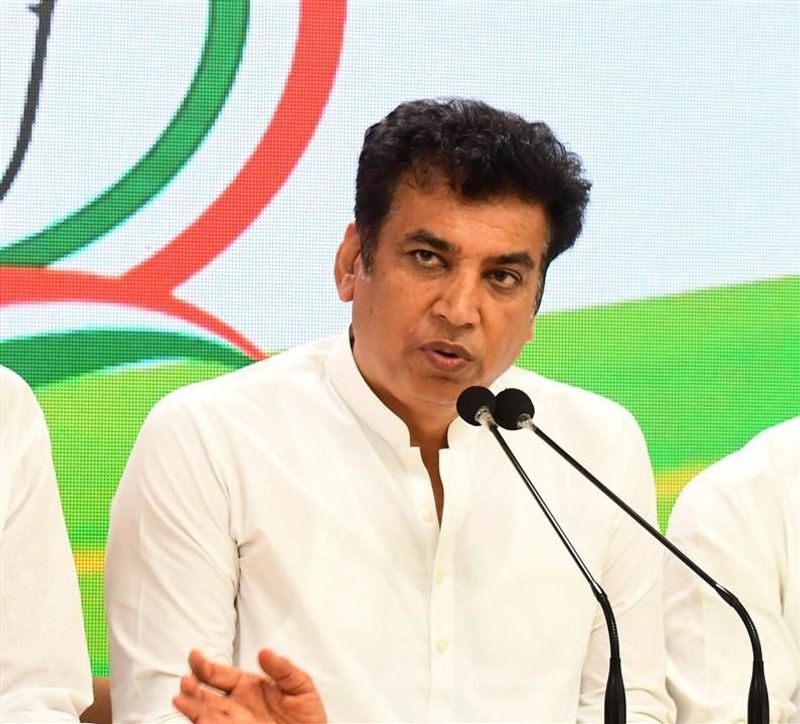
Delhi Pradesh Congress Committee president Devender Yadav said that the Delhi Electricity Regulatory Commission’s (DERC) proposal to allow Power Distribution Companies (DISCOM) to levy a fuel and power purchase adjustment surcharge (PPPAS) in the power bills of consumers through the backdoor every month with the blessings of BJP’s Rekha Gupta Government without waiting for regulatory approval was an attempt to fleece the power consumers as it will allow the Discoms to make arbitrary and steep hikes in the power bills in the name of fluctuation in the fuel rates.
Yadav Criticizes BJP for Allowing DISCOMs to Impose Additional Surcharges,
Devender Yadav said that during the regime of the Aam Aadmi Party Government, when Kejriwal was the Chief Minister, it allowed the Discoms to impose various surcharges without directly increasing the power tariff, and the BJP had vehemently protested against the increase in the Power Purchase Adjustment Cost (PPAC), which will result in costlier bills, and had demanded the withdrawal of PPAC, but the BJP Government is resorting to a similar method to allow the DISCOM to increase the power tariff to impose huge burden on the people. He said that the PPPAS is the change in the cost of power supplied to the consumers due to a rise in the cost of fuel like coal and gas used by the power generation companies, and the common people will have no mechanism to know whether the rates of coals and gas had really been increased.
Accuses AAP and BJP of Using Same Tactics
Devender Yadav said that even when the tariff of coal and gas falls, the DISCOM will not pass on the benefit to the consumers as once the rate has been hiked, it is rarely brought down, as has been the case with the price fluctuation of petrol and diesel. He said that the oil companies, with the open backing of the Modi Government, often hiked the retail prices of petrol and diesel when there was a slight increase in crude prices in the international market, but when the price of crude oil sharply fell in the international market, the benefit was rarely passed on to the consumers with the oil companies pockets all the benefits.
